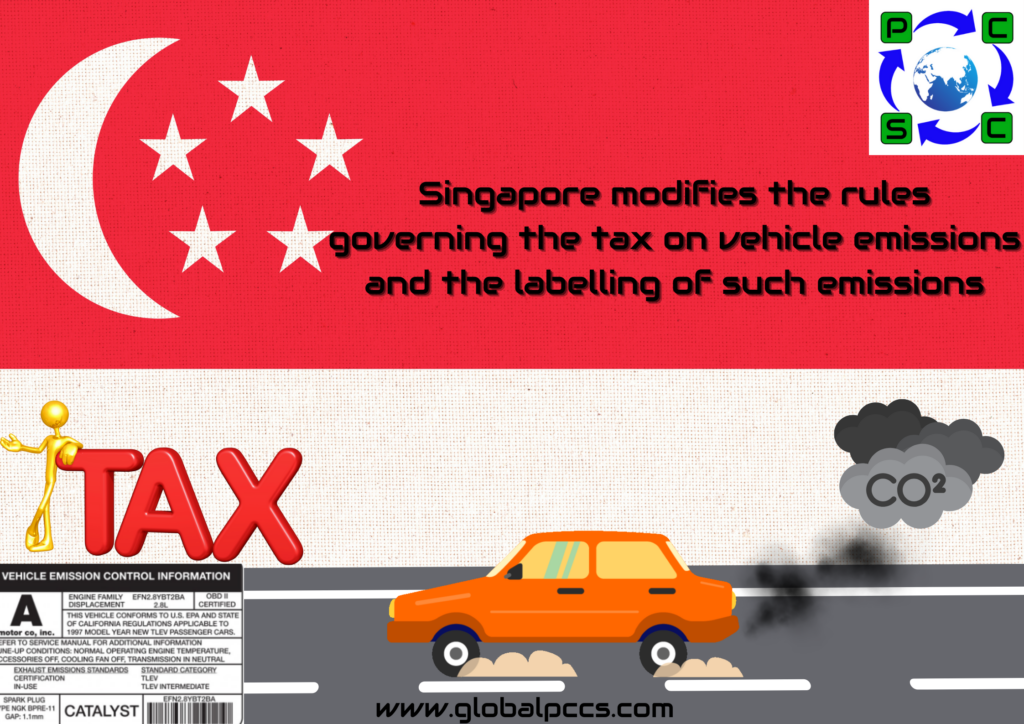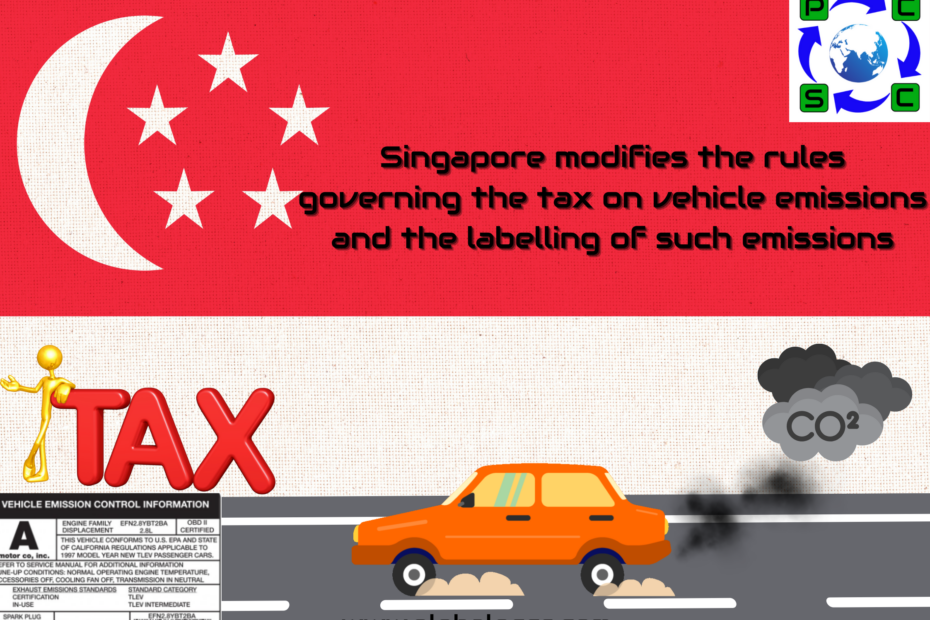
Strengthening Regulations for Light Commercial Vehicles
The Energy Conservation (Fuel Economy and Vehicular Emissions Labelling) (Amendment)
Regulations 2023 and the Road Traffic (Vehicular Emissions Tax) (Amendment) Rules 2023
were published on March 31, 2023, and went into force on April 1, 2023. The Road Traffic
(Vehicular Emission Tax) Rules 2017, which provide that the vehicular emissions tax shall be
applied in accordance with the emission level of the vehicle at the time of vehicle registration.
Fuel economy labelling for automobiles strengthens the vehicular emissions tax, especially for light commercial vehicles, and amends the requirements for documents that must be submitted for type approval for vehicular emissions labelling.
Amendment to the Road Traffic (Vehicular Emission Tax) Rules: – The small commercial
vehicle pollution tax has been strengthened because of the modification. If the pollutants in the
exhaust reach any of the new Class C limits listed below for light commercial vehicles registered for the first time between April 1, 2023, and March 31, 2025, the vehicle is liable to a vehicular emission tax of 15,000 SGD (about 1.5 million JPY).
Emission standards for light commercial vehicles (Class C)
| CO 2 (g/km) | CO (g/km) | HC (g/km) | NO x (g/km) | PM (mg/km) |
| C > 216 | C > 0.270 | C > 0.025 | C > 0.015 | C > 0.85 |
Amendment to the Energy Conservation (Fuel Economy and Vehicular Emissions Labelling)
Regulations: – When the emission level of particulate matter is not detected in a petrol light
commercial vehicle that does not utilise a petrol direct injection engine, it was mandated that the
emission level be over 0.9 mg/kg from the conventional over 0.85 mg/km.








 Authorised IMDS & CDX Training & Consulting partner for
Authorised IMDS & CDX Training & Consulting partner for






